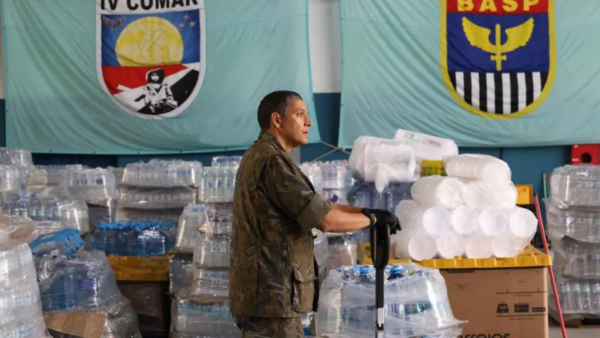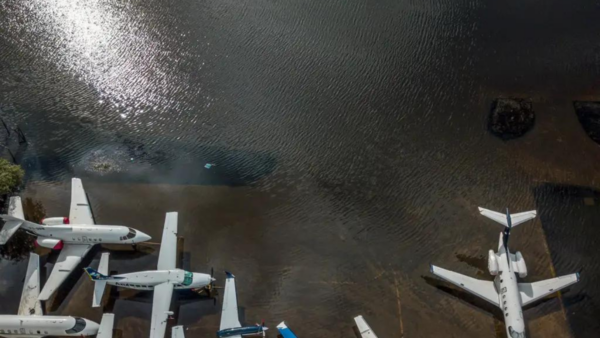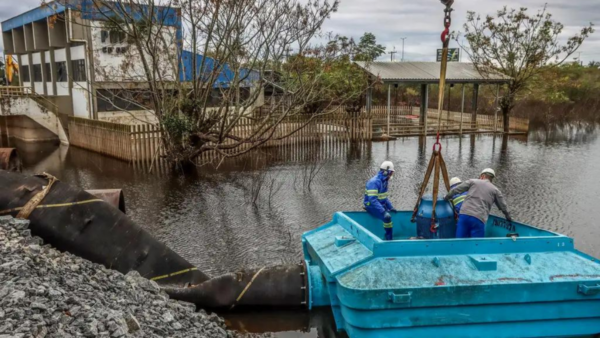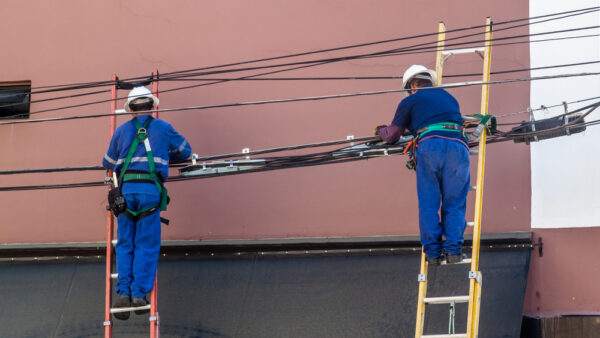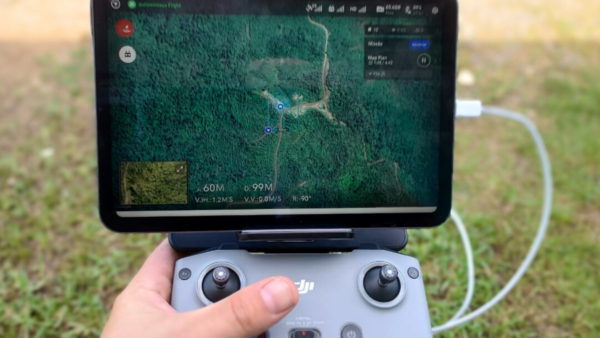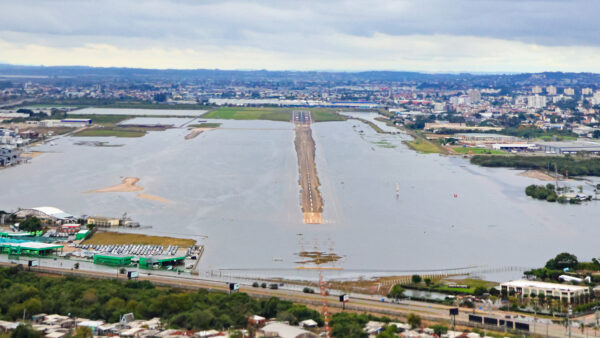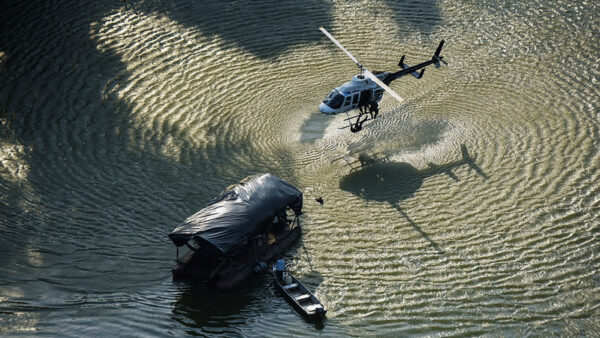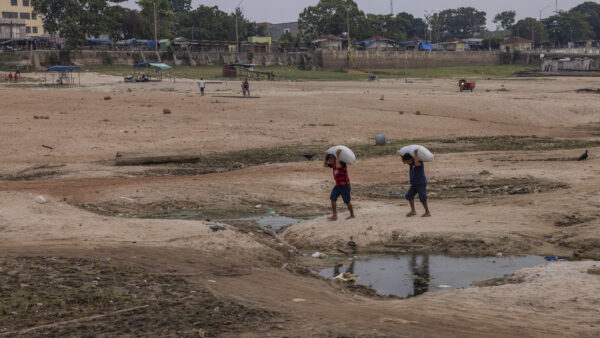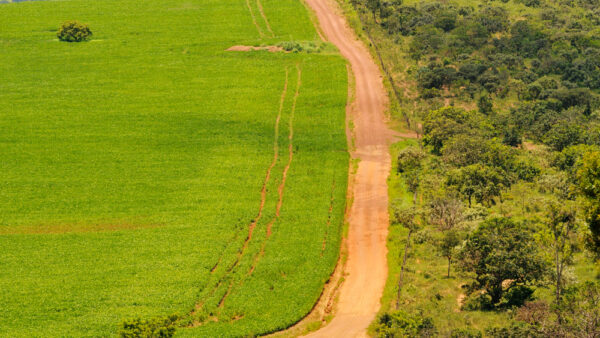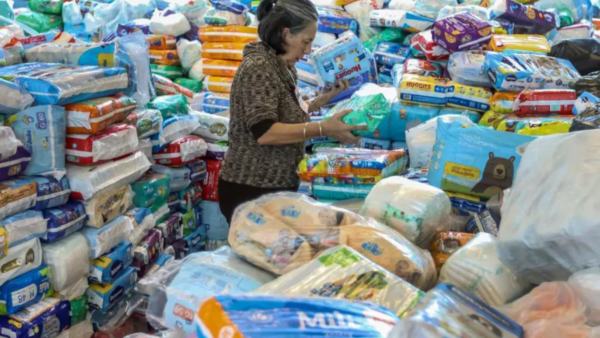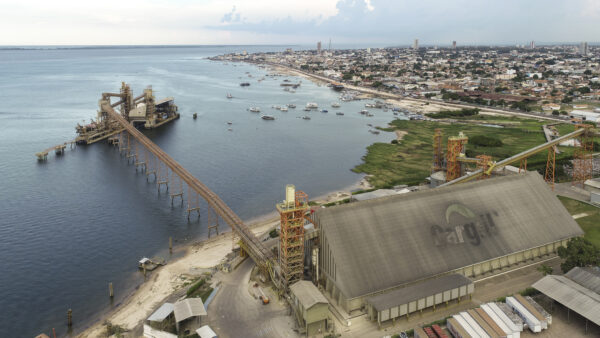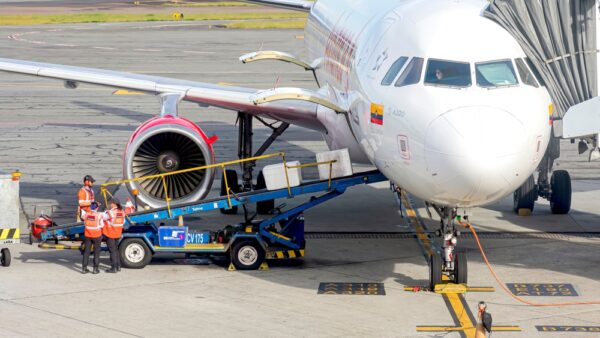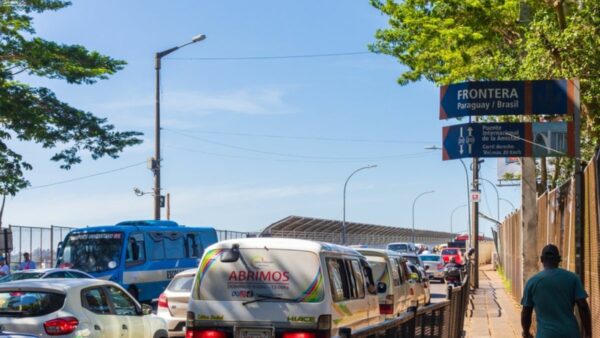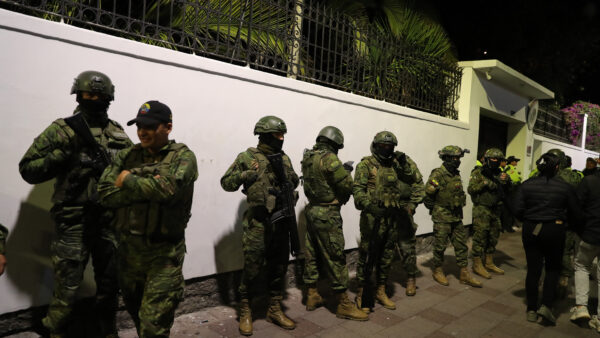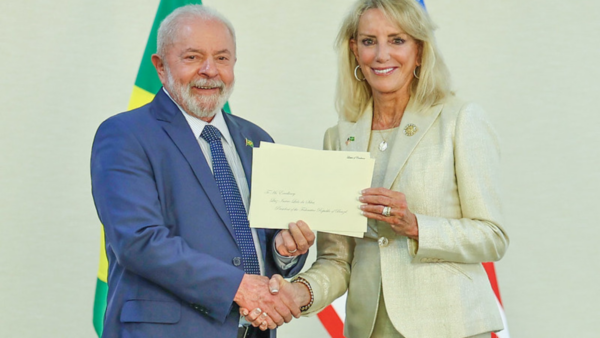Treasury Secretary Rogério Ceron on Tuesday said an upcoming line of credit for large companies and industries in the southern state of Rio Grande do Sul will rely on resources from the Climate Fund.
The Climate Fund, created in 2009, is managed jointly by the Environment Ministry and federal development bank BNDES. The former manages non-refundable projects, while the latter manages loans. In early April, BNDES signed a contract of up to BRL 10.4 billion (USD 2 billion) in refundable projects for 2024.
The new line of credit, Mr. Ceron said in a press conference, will be created by a provisional decree to be issued by President Luiz Inácio Lula da Silva today. Provisional decrees take effect immediately but expire if not approved by Congress in up to 120 days.
“It’s a line [of credit] based on financial surplus, so it’s a fund already available from the Climate Fund, a financial line to provide cheap credit via BNDES to large companies affected” by the floods, Mr. Ceron said.
“A line of support for large industries was lacking,” he added.
The federal government has announced several packages of measures for the economic reconstruction of Brazil’s southernmost state, such as a BRL 50.9 billion (USD 9.8 billion) package focused on workers, unemployed people, small businesses, and rural producers; a bill to suspend debt payments from Rio Grande do Sul to the federal government for three years; and a series of federal initiatives focused on housing and income distribution.
Rio Grande do Sul will undergo what is expected to be the biggest reconstruction effort in Brazilian history. Abdib, an association of basic industries, estimates that it will take roughly a decade to recover the state’s infrastructure.
“The recovery from the impacts of Katrina in New Orleans took ten years — and that was in the U.S. economy. This is a grave problem that will leave scars and require money. Nobody knows how much at this point, but it will have to be done because the current situation is unacceptable,” Abdib chair Venilton Tadini was quoted as saying.
Farsul, the state agriculture federation, has estimated that the floods have caused over BRL 3 billion in losses to local farmers. However, the federation acknowledges that the actual figures are likely much higher.

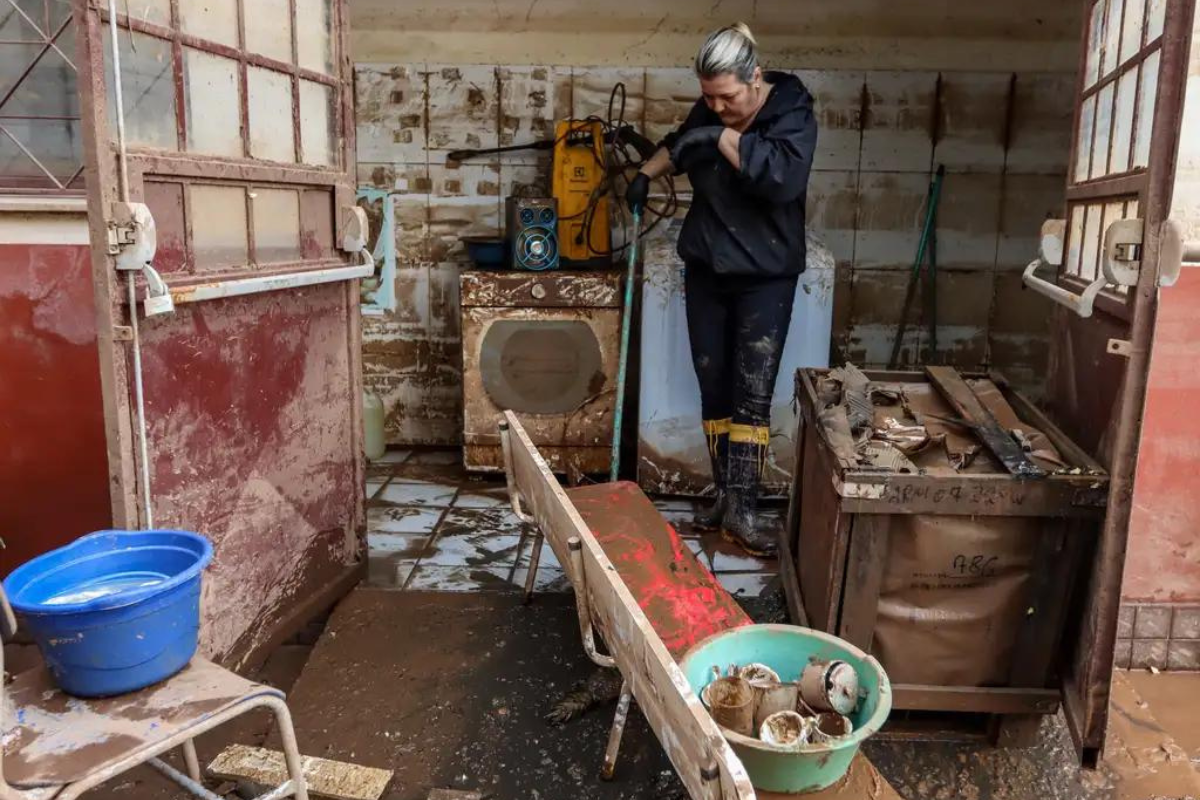
 Search
Search
